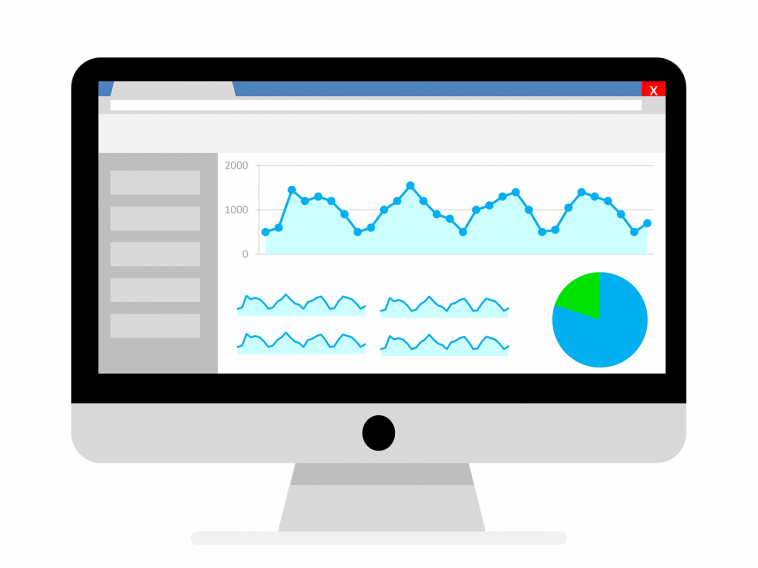- Like
- SHARE
- Digg
- Del
- Tumblr
- VKontakte
- Flattr
- Buffer
- Love This
- Save
- Odnoklassniki
- Meneame
- Blogger
- Amazon
- Yahoo Mail
- Gmail
- AOL
- Newsvine
- HackerNews
- Evernote
- MySpace
- Mail.ru
- Viadeo
- Line
- Comments
- Yummly
- SMS
- Viber
- Telegram
- JOIN
- Skype
- Facebook Messenger
- Kakao
- LiveJournal
- Yammer
- Edgar
- Fintel
- Mix
- Instapaper
- Copy Link
Introduction
Data is at the heart of the success of businesses and other entities nowadays. Those who have managed to collect, store, analyze, and derive insights from the data have emerged as successful in their fields. This is through improved customer service, personalized offerings, better operations, reduced cost, and improved profits.
One recent development in matters data is ‘big data.’ Since this term was coined to refer to a combination of structured and unstructured data, organizations are effectively utilizing it to derive meaningful insights. However, there is some confusion and controversy when it comes to an understanding of the precise meaning of the term ‘big data.’
Every business seems to have come up with its unique definition of big data, and this reflects more the usage and benefits of big data to the organization. Unfortunately, the myriad interpretation of big data could easily mislead various people and even make people get false information or misunderstand things.
Here are some of the top myths on big data demystified to try to reduce the confusion surrounding big data:
Big data refers literally to a ‘lot’ of data
It is expected that the first myth has something to do with the name ‘big’ data. The assumption is that big data means an abundance of data. While volume is critical for big data, it is not mandatory to have a minimum amount of data for it to qualify to be called big data. The crucial aspect is that this data is diverse and unstructured besides the size. Due to these features, the capturing, storage, and processing of the data gets exciting. For data to be termed big data, it must not be huge in volume, but it should be from diverse fields and be complex, thus useful.
Big data implementation is costly
Common misinformation among businesses is that big data come with high costs. It is not true since there are numerous startups in the line that provide accessible and innovative tools to help companies manage the data they collect. The tools are distinctive, assisting with big data- collecting, storing, analyzing, and even visualizing it. Besides, the large scale use of big data has driven down the costs.
Are you looking for data experts to help you with your marketing efforts? You can check out this page to get in touch with a reliable, professional firm in that field.
Big data is only for big businesses
This myth is connected with the earlier discussed one: big data is expensive; thus, only big companies can afford it. Having seen that it is affordable for small and medium enterprises (SMEs), it is then false to say it is only for big organizations. SMEs can also benefit significantly from insights derived from it. These businesses can avoid huge costs by relying on the analysis of real-time data, thus saving on storage.
Big data is intended to replace humans
As it is, no machine can replace human intelligence and insight. Big data analytical tools and devices need humans to operate them. Machine algorithms cannot offer distinct reasons as humans do. Human creativity cannot be substituted with big data. Big data provides insights, and then the human brain and its creativity make the decisions.
Big data is solely an IT affair
Maybe his myth comes from the fact that big data strategy execution needs hardware and software. But IT is like all the other teams in the company that aid in realizing the defined big data objectives. There are many diverse strategies, such as improving operations, enhancing customer service, and so on. If it is a case of bettering customer service, for example, the IT manager would not be the best to handle it. All of the vital business teams have a role in big data implementation.
Conclusion
Myths and misconceptions are common with every transformational innovation, so it is no exception for big data. The critical thing for businesses is to make the most of large data sets for their competitive advantage, and this is achieved by implementing data platforms to get insights to support decision making.


